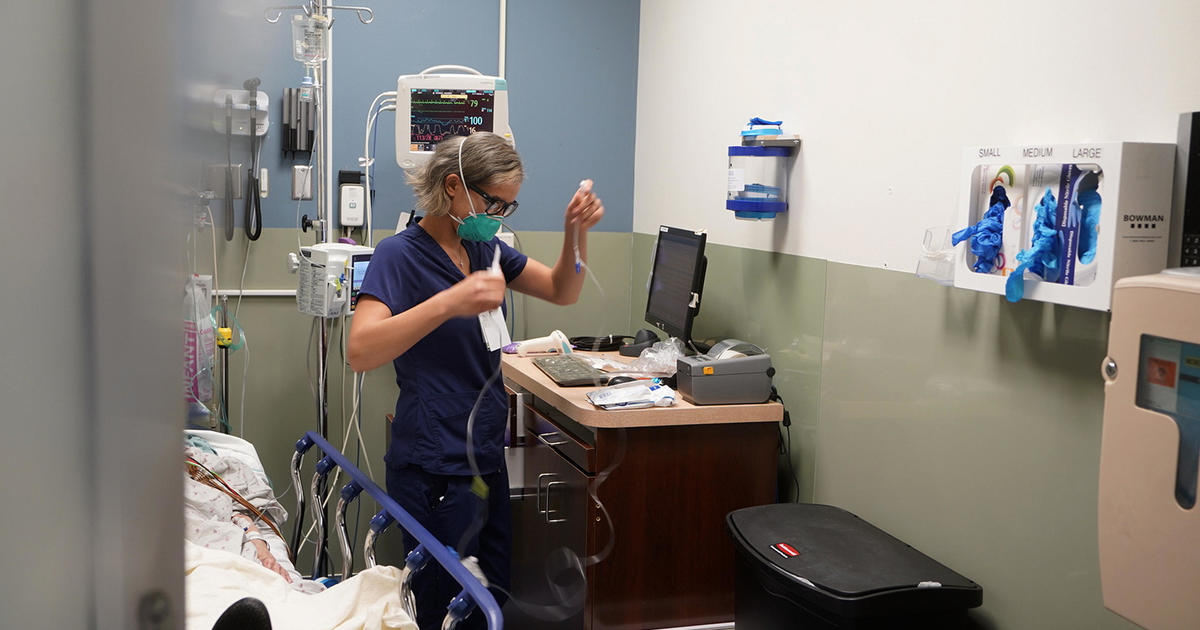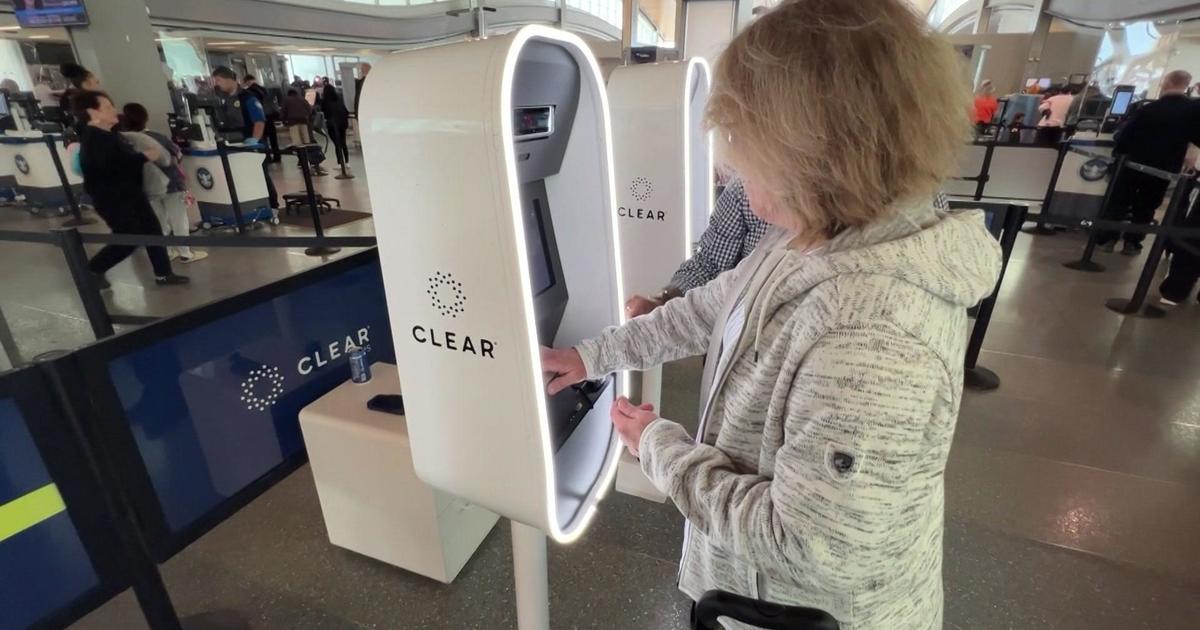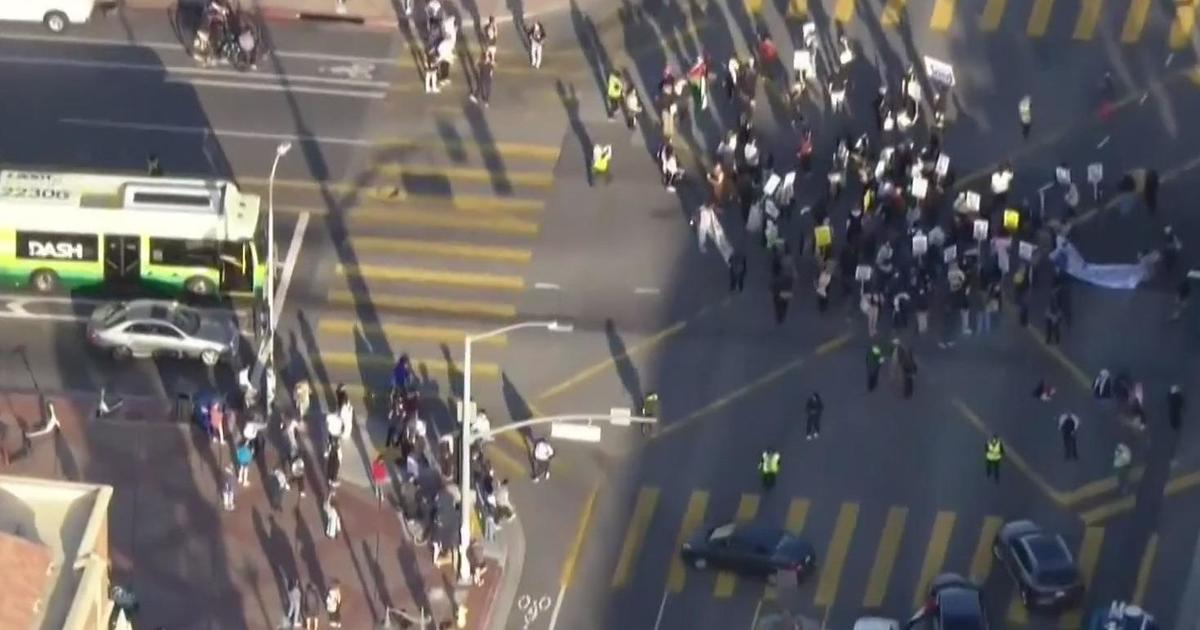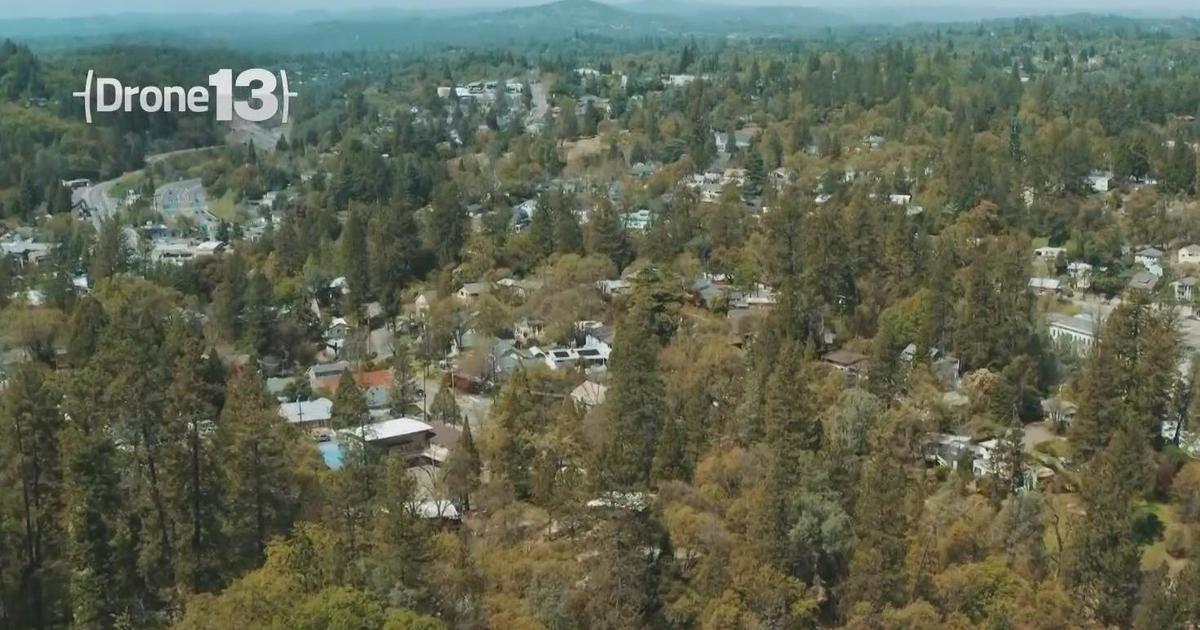California Weighs Undocumented Immigrant License Requirements
SANTA ANA (AP) - Immigrants who are in the United States illegally are often called "undocumented" despite carrying a long list of papers: passports, consular ID cards, birth certificates from their home countries, and those of their children born here.
The question remains which documents will constitute a golden ticket for them to be able to apply for long-awaited driver's licenses in the Golden State next year.
California officials are trying to strike a balance between having a secure license and making it accessible to immigrants who are currently prohibited from driving. The key is ensuring immigrants prove they are who they claim to be and preventing fraud without making the requirements so onerous that people give up on trying to get a license.
"We can't make it too restrictive," said Jan Mendoza, a spokeswoman for the state's Department of Motor Vehicles. "But we have to have the integrity of, this person is who they are and this person lives in California."
California has proposed allocating $67 million in next year's budget to issue the licenses. The state plans to open five dedicated offices and hire up to 1,000 temporary workers to process roughly 1.4 million applications expected over the program's first three years, said Lizette Mata, deputy director of special projects at the DMV.
California may be the biggest, but it's hardly the first state to grapple with the issue. Eleven states have enacted laws to issue driver's licenses to immigrants in the country illegally, many of them over the last year, according to the National Immigration Law Center.
To obtain a license in California, immigrants will have to prove their identity and that they reside in the state, sign an affidavit, and pass written and road tests like other drivers. The licenses will contain a distinct marking and cannot be used as federal identification.
Immigrant advocates are urging state officials to keep an open mind on documents that could prove an immigrant's identity, such as foreign driver's licenses or voting cards. Some suggest that immigrants ought to be able to use their children's U.S. birth certificates, school records or baptismal records to demonstrate their own identity.
"Because we are dealing with the undocumented population, we want to make sure we have unconventional ways for people to prove their identity," said Ronald Coleman, government affairs manager at the California Immigrant Policy Center.
In Illinois, which started issuing the licenses last year, immigrant advocates tried to get documents belonging to the U.S.-born children of immigrants included, but state officials decided against it, said Fred Tsao, policy director at the Illinois Coalition for Immigrant and Refugee Rights. Illinois initially considered requiring immigrants to submit their landlords' contact information to demonstrate residency but backtracked after immigrants feared they could be evicted once their status was disclosed, he said.
In California, advocates are worried consulates may not be equipped to handle a deluge of passport applications. Another concern is immigrants who came to the U.S. fleeing violence but who may not have applied for - or qualified for - asylum, and whether they'll feel comfortable going to a government office from the country they left.
"As much as I would like the process to be easier, I don't foresee a process that does not require a governmental type of identification," said Martha Arevalo, executive director of the Central American Resource Center in Los Angeles. "I don't see the state going for that."
In addition to identity, other states also require immigrants to prove residency through leases, utility bills and other documents to prevent people from crossing state lines to seek a license. In 2006, Tennessee stopped issuing driving documents to immigrants in the country illegally after several cases of fraud showed the cards were heading out of state.
Earlier this week, about 200 people attended a workshop in Sacramento to provide input to California on which documents immigrants can and can't readily get. A second workshop is planned for Southern California in February.
Maria Eugenia Galvan, a 44-year-old hair stylist from a Los Angeles suburb, said she has a Mexican passport and birth certificate and is ready to apply. But she worries about friends who don't have such papers and may have to get a relative to unearth birth certificates issued years ago in small, remote Mexican villages.
Her main concern, however, is price: California officials have yet to decide how much the new licenses will cost, but Galvan can't afford to go without one.
"A police officer stopped me one time, and he took my car," Galvan said, adding that she also got cited for not having insurance. "We had to pay $1,200 in fines."
Copyright 2014 The Associated Press.



